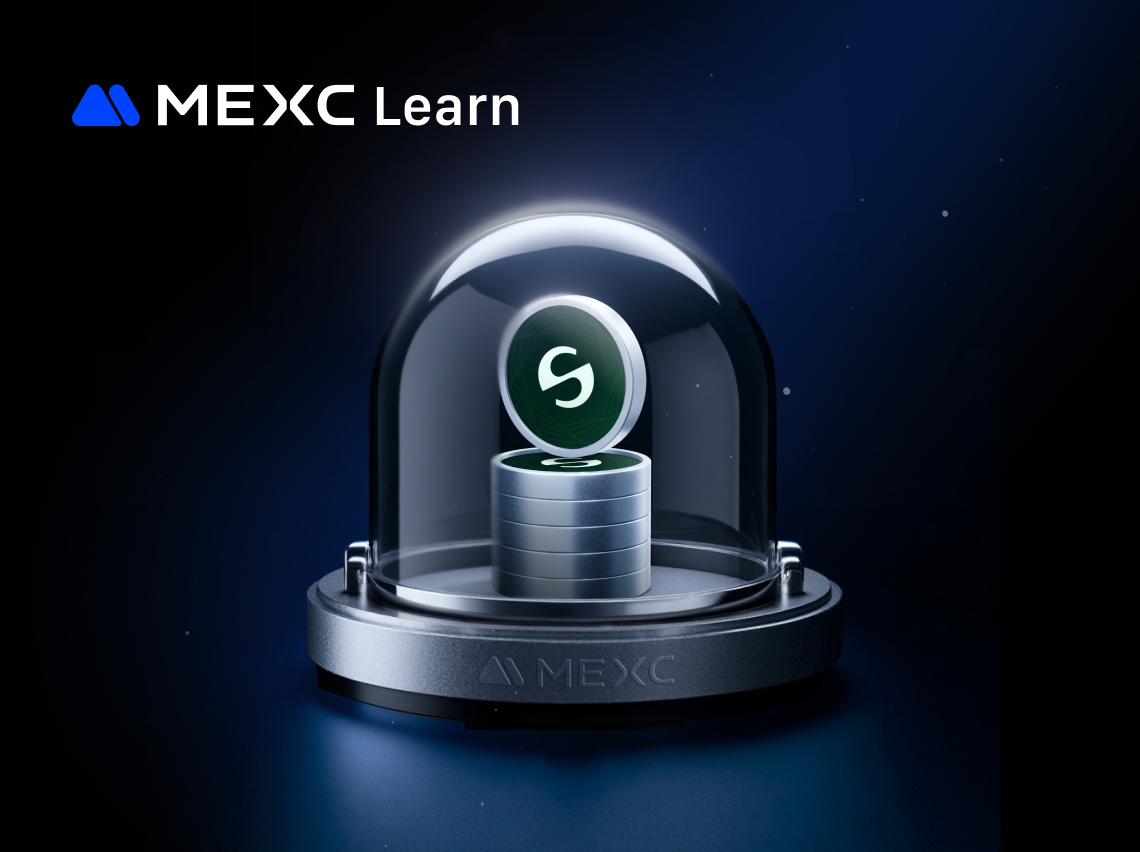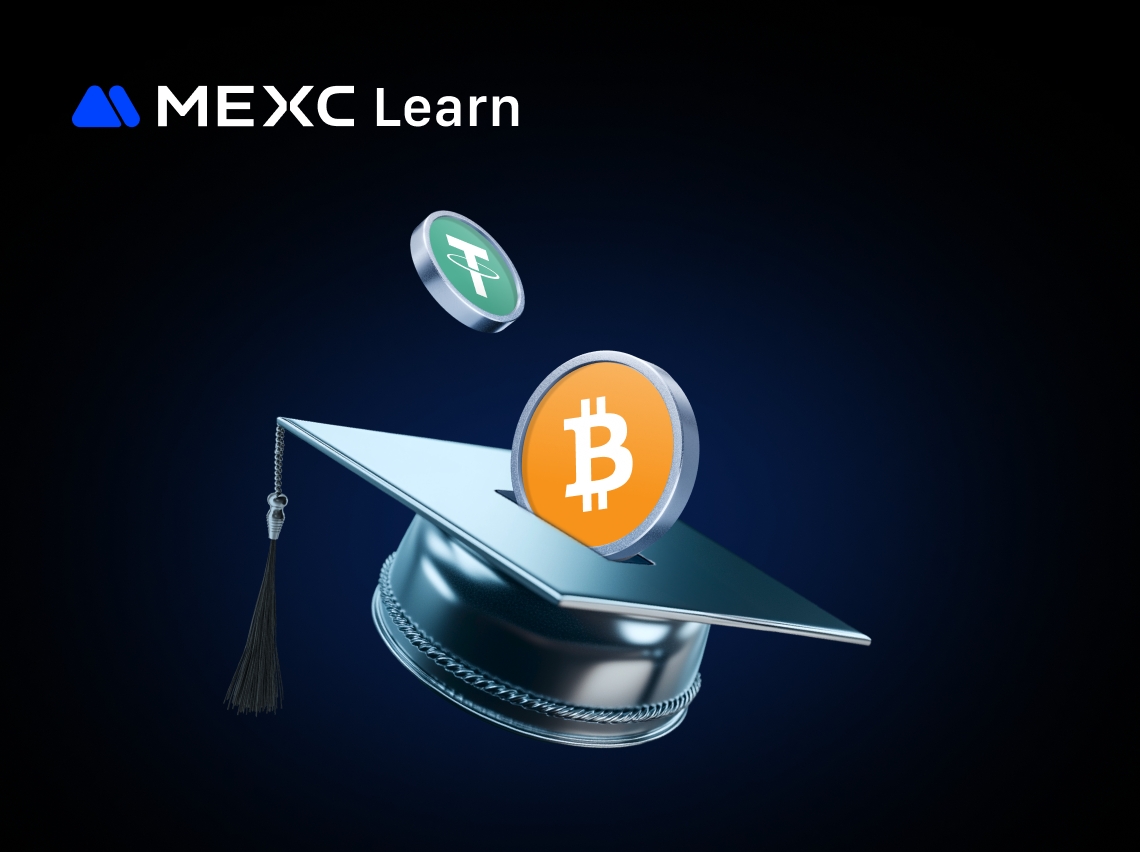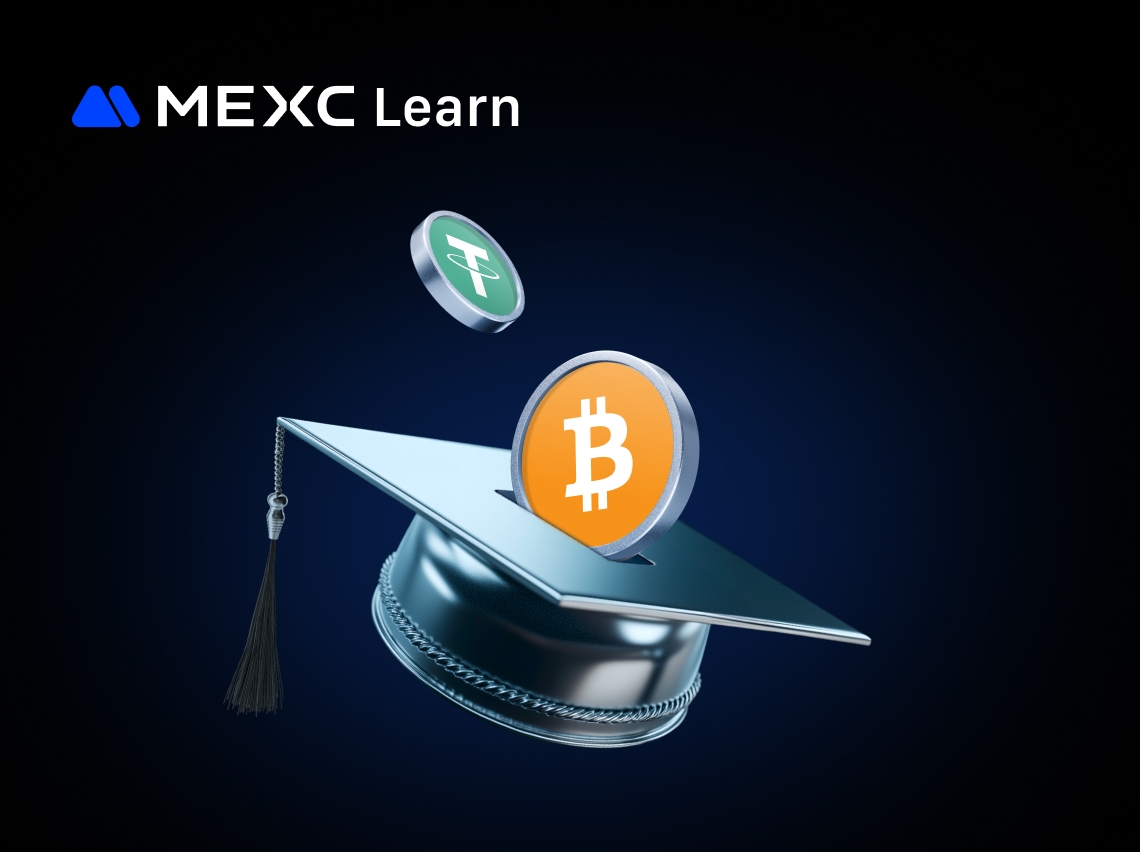Key Takeaways
- MEXC provides broad market access with over 2,800 cryptocurrencies, and a diverse range of products, making it ideal for traders seeking early-stage tokens and speculative opportunities.
- KuCoin offers a mature trading environment with a strong focus on established cryptocurrencies, appealing to traders who prioritize stability and a well-regulated ecosystem.
- Trading fees on MEXC are highly competitive, with tiered discounts for MX token holders and VIP users, whereas KuCoin employs a standard maker-taker structure with fewer reward mechanisms.
- Both exchanges maintain robust security measures, including cold wallet storage, two-factor authentication, withdrawal whitelists, insurance coverage, and ongoing audits.
Introduction to Crypto Exchanges
Overview: MEXC and Kucoin
Feature | MEXC | KuCoin |
Founded | 2018 | 2017 |
Headquarters | Seychelles | Seychelles |
Number of Users | 40+ million users in 170+ countries | 30+ million users globally |
Primary Positioning | Global, opportunity-driven exchange focused on fast listings, derivatives, and wide token access | Community-driven “People’s Exchange” with strong retail tools and broad altcoin coverage |
MEXC Overview
KuCoin Overview
Why Traders Prefer MEXC Over KuCoin
Products and Features: Side-by-Side Comparison (MEXC vs KuCoin)
Product / Feature | MEXC | KuCoin |
Core focus | High-liquidity altcoins, derivatives, comprehensive trading suite | Altcoin-focused exchange with broad retail tools |
Spot trading | 2,800+ trading pairs covering major, mid-cap, and long-tail assets | 700+ trading pairs including established and mid-cap tokens |
Margin trading | Supported across multiple pairs | Supported on major and selected alt pairs |
Futures / derivatives | USDT-M & Coin-M futures with leverage up to 200× | USDT-M and inverse futures, leverage up to 100× |
Token selection | Extremely wide, strong presence in early-stage and niche tokens | Wide, with emphasis on popular and mid-cap altcoins |
Copy trading | Integrated copy trading ecosystem | Offered via trading bot marketplace |
Trading bots | Native tools plus strategy features | One of the strongest bot ecosystems (grid, DCA, futures bots) |
Staking & earn | Flexible Staking, Launchpad, Kickstarter, savings | KuCoin Earn, staking, promo campaigns |
Advanced tools | Demo trading, rich order types, professional-grade charts | Pro interface, multi-chart view, algorithmic strategies |
API support | Full REST + WebSocket | Full REST + WebSocket |
Fiat on-ramp | P2P, cards, third-party providers | Cards, third-party, limited P2P availability |
Platforms | Web, mobile app, desktop experience | Web + mobile app |
User profile | Active, opportunity-driven, derivatives-focused traders | Altcoin enthusiasts, passive-income seekers, bot users |
MEXC Products and Features
KuCoin Products and Features
Why Traders Compare MEXC and KuCoin Most Often
Supported Assets and Markets Comparison Table
Category | MEXC | KuCoin |
Supported cryptocurrencies | 2,800+ coins and tokens | 1,200+ coins and tokens |
Token listing strategy | Aggressive, fast listings including emerging sectors | Moderate, combines trending tokens with established projects |
Altcoin & micro-cap coverage | Very extensive, includes niche and low-cap tokens | Strong, but slightly more selective on low-cap or ultra-niche tokens |
DeFi, GameFi, AI, Meme tokens | Strong and expanding | Broad coverage, often early exposure to trending sectors |
Spot trading pairs | Thousands of pairs across all cap sizes | 1,200+ pairs, mix of mid- and high-liquidity tokens |
Futures / Derivatives contracts | Extensive, major and niche perpetuals supported | USDT-M and inverse perpetuals, moderate variety, leverage up to 100× |
Leveraged ETFs / Structured Products | Emerging, derivative-style products linked to token launches | Staking, lending, and structured products available but limited |
Best for | Traders seeking maximum market access, early-stage exposure, and high opportunity | Traders who want wide altcoin selection, automated tools, and passive-income options |
MEXC Supported Assets and Markets
KuCoin Supported Assets and Markets
Why MEXC Is Better for Market Coverage
Trading Fee Comparison
Market | Fee type | MEXC | KuCoin |
Spot | Maker | 0.00% | 0.10% base |
Spot | Taker | 0.05% standard / 0.025% ≥ 500 MX | 0.10% base (discounts via KCS or VIP tiers) |
Futures | Maker | 0.005% standard / VIP & MX discounts | 0.02% base (tiered VIP discounts available) |
Futures | Taker | 0.04% standard / 0.02% ≥ 500 MX / 0.01% VIP Experience Card | 0.04–0.05% depending on tier and product |
Crypto deposit | — | Free | Free |
Crypto withdrawal | — | Low, fixed per asset | Low, fixed per asset |
Fiat deposit / withdrawal | — | P2P and third-party, low fees | Third-party providers, low fees |
Fee model | — | Tiered, volume-based, MX token discounts | Tiered, volume-based, KCS discounts |
MEXC Trading Fee Structure
KuCoin Trading Fee Structure
Why MEXC Might Be the Better Choice
Security Features
Feature | MEXC | KuCoin |
Cold wallet storage | Majority of assets stored in cold wallets | Majority of assets in cold wallets |
Two-factor authentication (2FA) | Google Authenticator, SMS, email | 2FA via SMS, authenticator apps |
Withdrawal whitelist | Supported | Supported |
Insurance / protection fund | Dedicated insurance fund covering certain losses | Insurance for specific incidents |
Security audits | Regular internal and third-party audits | Regular audits, external penetration testing |
Bug bounty program | Active | Active |
Security history | No major breaches reported | No major breaches reported |
Proof of reserves | Publicly published | Periodic reporting |
MEXC Security Features
KuCoin Security Features
Why MEXC Is the Safer Choice
Conclusion
Description:Crypto Pulse is powered by AI and public sources to bring you the hottest token trends instantly. For expert insights and in-depth analysis, visit MEXC Learn.
The articles shared on this page are sourced from public platforms and are provided for informational purposes only. They do not necessarily represent the views of MEXC. All rights remain with the original authors. If you believe any content infringes upon third-party rights, please contact service@support.mexc.com for prompt removal.
MEXC does not guarantee the accuracy, completeness, or timeliness of any content and is not responsible for any actions taken based on the information provided. The content does not constitute financial, legal, or other professional advice, nor should it be interpreted as a recommendation or endorsement by MEXC.
Learn More About Humanity
View More
StableChain (STABLE) Market Analysis: On-Chain Data vs. Growth Potential

Is USDT Safe? Tether’s Reserves, Audits & Regulatory Compliance

USDT vs. USDC: The Definitive Comparison Guide for Traders (2026)
Latest Updates on Humanity
View More
Cryptocurrency Investment Company Matrixport Shares Its Expectations for Ethereum! Is a Rise Coming? Here Are the Details

H.C. Wainwright & Co. Is Once Again Ranked #1 by PlacementTracker

Binance-Listed Major Altcoin Claims It Will Transfer the $80 Trillion US Stock Market to Blockchain – Here’s the Official Announcement
HOT
Currently trending cryptocurrencies that are gaining significant market attention
Crypto Prices
The cryptocurrencies with the highest trading volume
Newly Added
Recently listed cryptocurrencies that are available for trading
